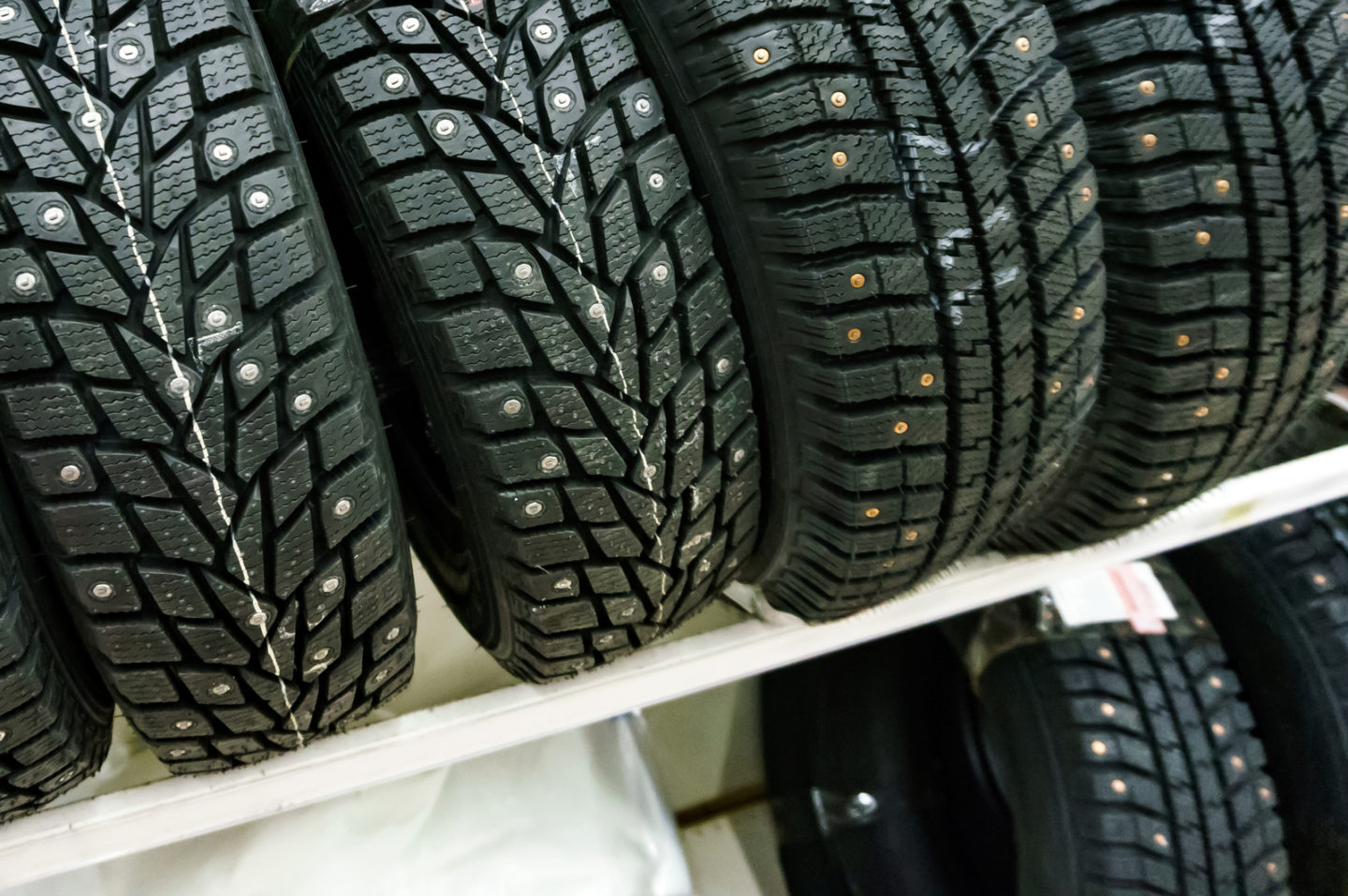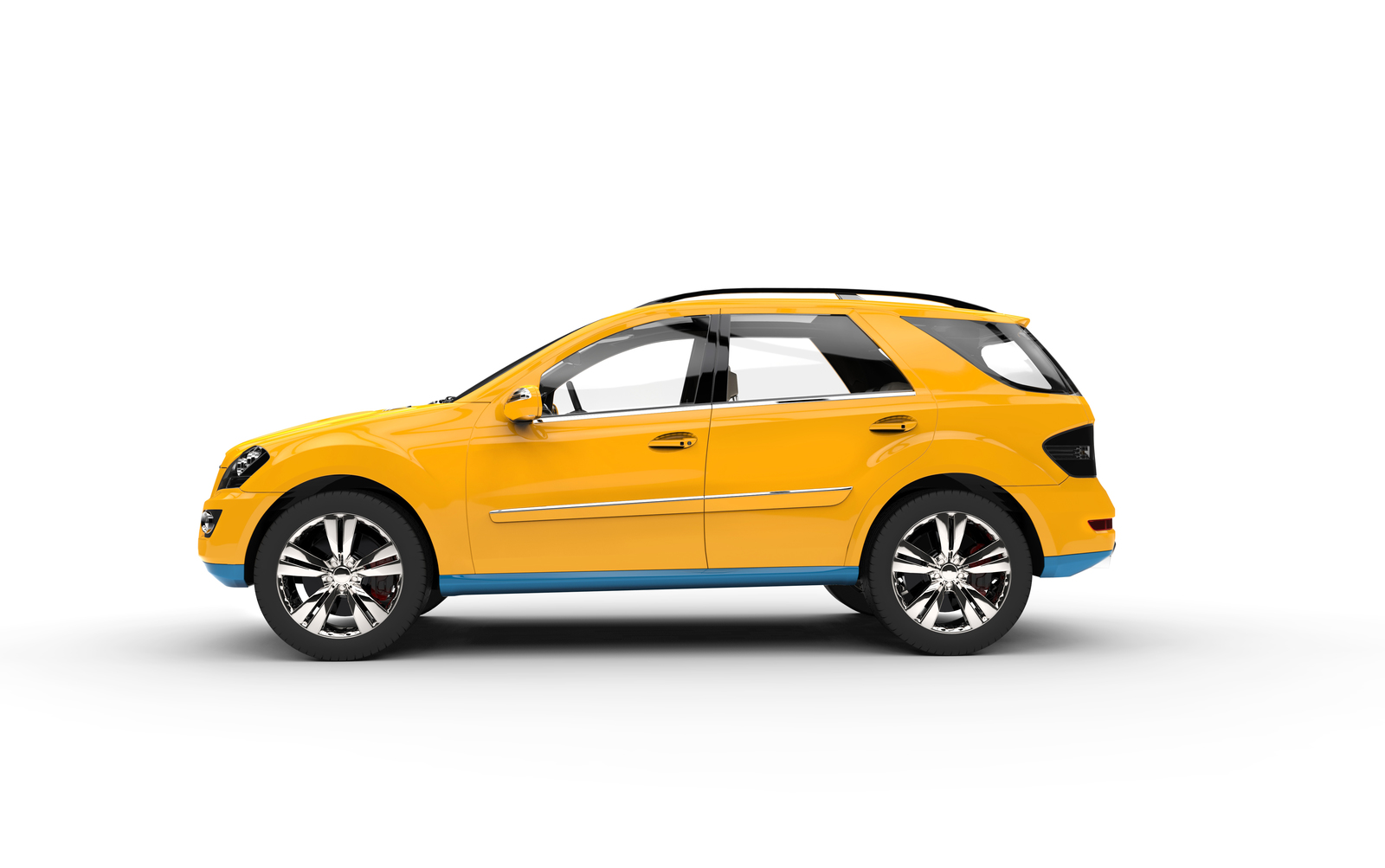If you’re planning a trip, your tyres are probably the last thing on your mind, as you book hotels and plan activities.
But you should spend at least a little time going over your vehicle and making sure the vehicle is in good shape and the tyres in great condition – after all, it doesn’t matter what part of the UK you are driving to, Scotland or London – your car tyre health should never be compromised.
Where Are You Going?
Will you be travelling on good roads, or will you need to cover dirt or gravel roads too? If the roads are likely to be reasonable, then you can choose whichever tyre you prefer, without the need to make sure they are suitable for rough roads or icy or muddy conditions.
There are some roads in the UK which are closed in winter, due to their steep gradient and poor condition, while others become dangerous when muddy or when below-zero conditions cause an ice layer on the road.
If you are in Scotland for a trip and you think your tyres are old, bald or cracking, you should replace them immediately: For example, to buy tyres in Dunfermline, you can check with Fife Autocentre (01383 626100).
You can also check your destination and the time of year you are travelling, and read some reviews from other travellers – any hair-raising roads are usually described in heart-felt terms!

What Tyres are Available?
There are, broadly speaking, three types of tyres available. Let us take a look at these and discuss the differences between them.
- Budget Tyres: The cheapest tyres on the market, they are often made from lower quality rubber and use older manufacturing methods. The result is a cheap tyre which may not last as long as its more prestigious counterparts, and which may offer a less comfortable ride. This is not to say that budget tyres are bad, they are not. Even the cheapest budget tyre is held to certain standards of safety and quality that will ensure that the customer gets reasonable use from their purchase.
- Regular Tyres: These tyres tend to be the big brand names ‘value’ offering. They will use good quality rubber, usually from sustainable sources and are manufactured using fairly recent advances in tyre manufacturing technology.
- Premium Tyres: The most expensive tyres on the market, almost always from big brand names, premium tyres are the ultimate in safety, comfort and sustainability. They are usually manufactured from the finest quality sustainable rubber, carefully designed to precise standards, with every advance from the brand manufacturers’ extensive research and development playing its part in creating a superbly comfortable and safe driving experience.
What’s Your Budget?
How much can you afford to spend on your tyres? Premium tyres can cost more than double the price of budget tyres, but they do last longer, offer a more secure drive, and are also more comfortable, producing less noise, fewer bumps and jolts, and so on.
But if buying a set of premium tyres means that your road trip will have to be cancelled then perhaps regular – or even budget – tyres are the solution.
Tyres can be pricey, and if it is possible, you should save a little money towards their replacement each year, so that you can afford the best possible, longest lasting tyres when you need to.
Know Your Specs
Once you have worked out the types of road you will be driving on, ascertained your budget and chosen which type of tyres you prefer, it is time to narrow it all down.
Your vehicle’s tyre specifications can be found on the existing tyres, in the car-owner’s handbook, or online. Failing that, your local garage will be able to advise you as to the correct size and weight of tyre to choose.
And once your new tyres are fitted you can set off on your road trip with the peace of mind that comes from knowing that your car is in as good a shape as possible.
